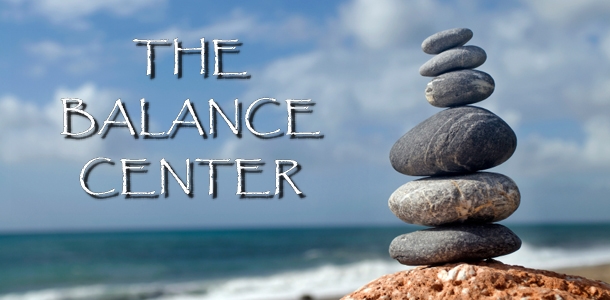Habits – small steps can make big changes!
- 14
- October
- 2020
We’ve been especially interested in habits lately because, according to research, 40 to 45 percent of our daily activity is comprised of habits – habits which are done subconsciously. That means almost half the time we are not aware of what we are doing! Yes, that’s right, and these habits end up repeating in a habit feedback loop that reinforces them.
So we asked ourselves, ‘What habits do we want to keep and what habits do we want to get rid of? We have a few to work on. Maybe you’ll be asking yourself similar questions as you think about habits in your life. As John Dryden said, “We first make our habits, and then our habits make us.”
The problem comes when we want to make changes in habits, if they are subconscious habits, how do we know when we are doing them? For example, we drive to the office and sometimes don’t even think about how we got there. Have you ever done something like that? The good thing is that habits leave clues. Those clues are the results we get. If we were driving to work and ended up somewhere else, we would certainly know we didn’t get the result we wanted.
Because habits are so important to life satisfaction, let’s look at what habits are, how they are formed and how to change them.
Marco Badwal said, “Habits are automatic behaviors that we repeat over and over again always in the same context and environment.” Even though we can do habits without thinking about them, there are ways to change them.
There’s a feedback loop that happens with habits and it is described by David Nevins in his talk on The Power of Forming Habits. He said the loop contains three parts. They are easy to remember because they all start with the letter R – Reminder, Routine and Reward.
Reminder is the trigger or cue that gets the habit and the whole feedback loop started. An example of this would be placing a pair of tennis shoes next to your bed at night. When you get up in the morning, seeing the tennis shoes would be the reminder (cue) to go for your walk first thing in the morning.
Routine is the action that is taken. It is the habit being played out. In our example it would be the act of going for your walk. After enough repetitions it can become a habit.
Reward is the benefit or gain that is received by doing the habit. If the reward is positive, it creates a desire that wants to be satisfied when the reminder (the cue) comes up again. This is how a feedback loop is formed and reinforced. In our walking example, the reward can be a feeling of being strong and fit which reinforces the routine.
It is important to know that this “habit loop” can also get activated when the rewards are not beneficial or even if they’re detrimental. Our subconscious doesn’t distinguish if the reward is good or bad for us. Here’s an example. A pack of cigarettes is on the bedside table. Upon awakening, the person sees the pack of cigarettes, which is the reminder or cue that triggers the feedback loop. A cigarette is smoked, which is the habit in action, the routine. The reward occurs when the smoker gets the desired “hit” to satisfy the nicotine craving. The habit loop is completed and reinforced.
We need to become aware. When we see a result that we want to change, we can either reinforce it so it grows or interrupt the feedback loop to lessen or extinguish the habit. Sometimes small steps can make for big changes.
In the beginning there’s essentially no difference between making a decision that is one percent better for us or one that is one percent detrimental to us. For example, if one were to eat a chocolate donut for breakfast versus having a protein shake, health would typically not be affected with either decision. However, if either behavior were repeated daily over an extended period of time, health would probably be impacted. Robert Collier said, “Success is the sum of small efforts, repeated day in and day out.”
How about you? What habits do you want to increase and what ones do you want to get rid of? As you take action to have the best habits for you, it will help you reach even more success for your life. Remember that with habits, even small steps can make big changes!
Chanhassen MN residents, Doug and Lynn Nodland are success coaches and owners of The Balance Center in Excelsior. Contact them at WeCare@TheBalanceCenter.com
© Doug and Lynn Nodland 2020 Articles and videos may be shared in their entirety with attribution.
Search:
Categories
Archives
- April 2024
- March 2024
- February 2024
- January 2024
- December 2023
- November 2023
- October 2023
- September 2023
- August 2023
- July 2023
- June 2023
- May 2023
- April 2023
- March 2023
- May 2021
- April 2021
- March 2021
- February 2021
- January 2021
- December 2020
- November 2020
- October 2020
- September 2020
- August 2020
- July 2020
- June 2020
- May 2020
- April 2020
- March 2020
- February 2020
- January 2020
- December 2019
- November 2019
Contact Us
Doug Nodland J.D.
684 Excelsior Boulevard
Suite 120
Excelsior, MN 55331
952-452-2664
WeCare@TheBalanceCenter.com

